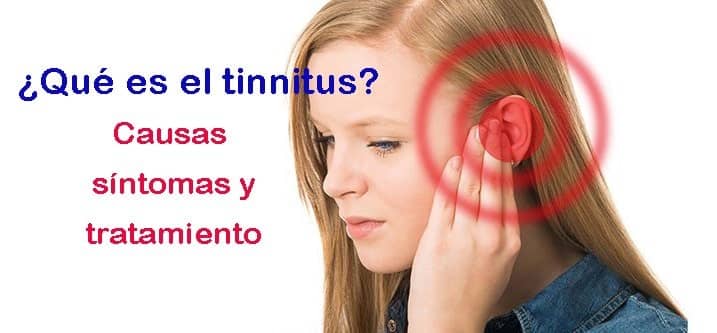Seven Natural Ways to Reduce Chronic Tinnitus

Chronic tinnitus can be an aggravating and debilitating condition that affects many individuals worldwide. It usually manifests as a constant ringing or humming sound in the ears and can also cause dizziness, headaches, and difficulty sleeping. Unfortunately, there is no single cure for tinnitus, and traditional medical treatments often provide little relief. However, Dr. Ben Thompson, a California-based audiologist and wellness expert, has developed a holistic approach to reducing tinnitus symptoms. In this article, we will discuss seven natural ways to reduce chronic tinnitus that are not usually found in traditional audiology or medical clinics.
Maintain a Whole Food and Organic Diet
Dr. Thompson emphasizes that a healthy diet can significantly impact tinnitus symptoms. Consuming whole, organic, nutrient-dense foods appears to be an effective way to reduce tinnitus levels. These types of foods provide essential vitamins and minerals that support a healthy immune and nervous system, which can help alleviate tinnitus. Conversely, consuming processed foods and sugar can aggravate tinnitus and should be avoided to help reduce symptoms.
Limit Negative Information
Limiting your exposure to negative information, including news or online searches for tinnitus cures, can contribute to reducing tinnitus symptoms. Focusing on negative information can increase anxiety and stress levels, leading to an exacerbation of tinnitus. Instead, it is recommended to engage in positive activities such as spending time outdoors, practicing meditation, and spending time with loved ones.
Try Yin Yoga
Yin yoga is a type of restorative yoga that focuses on long-held, meditative postures. This practice activates the healthy part of our nervous system, which can help in reducing the symptoms of tinnitus. Yin yoga also promotes relaxation and stress reduction, which can be beneficial for individuals with tinnitus.
Engage in Guided Body Scans
Guided body scans are useful for those looking for a simple and practical technique to manage their tinnitus. This practice involves focusing our awareness on different parts of the body, helping to reduce stress and anxiety levels. According to Dr. Thompson, this technique can help address the root causes of tinnitus, which are often related to stress and anxiety levels.
Guided Breathing Exercises
Guided breathing exercises such as meditation or box breathing can be an effective way to reduce anxiety and improve brain function, which often leads to tinnitus relief. Meditation involves quieting the mind and remaining focused on a single point, while box breathing entails taking slow, controlled breaths to regulate our system. Both techniques can help in reducing tinnitus symptoms and promoting relaxation.
Intermittent Fasting
Intermittent fasting is a somewhat controversial technique, but it has shown to be helpful for some individuals with tinnitus. This technique involves abstaining from food for a set period, such as 16 hours, followed by an eating window of 8 hours. It is best to consult a nutritionist or health coach before considering this option to ensure that it is appropriate for you.
Body-Based Approaches
Body-based approaches such as massage can help individuals reduce the symptoms of tinnitus. Massage therapy can help calm the autonomic nervous system, which is responsible for regulating heart rate, breathing, and digestion. When the nervous system is relaxed, the body can return to its natural healing abilities, and tinnitus symptoms can improve.
In conclusion, tinnitus is a challenging condition to manage, but it is possible to reduce symptoms naturally. By maintaining a healthy diet, limiting negative information, engaging in restorative practices, performing guided breathing exercises, considering intermittent fasting, and taking body-based approaches such as massage therapy, individuals suffering from tinnitus can reduce symptoms and improve their overall well-being. It is essential to try various techniques and consult with a professional to determine which approach works best for each individual.

